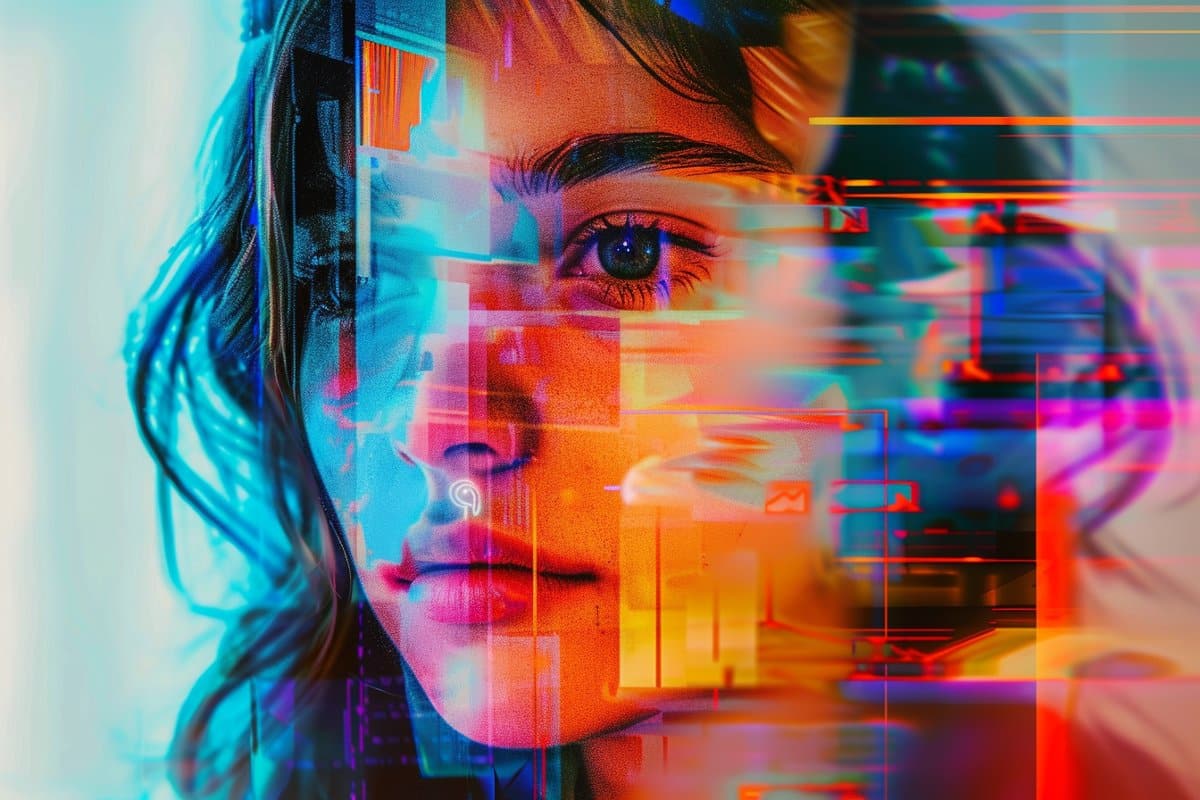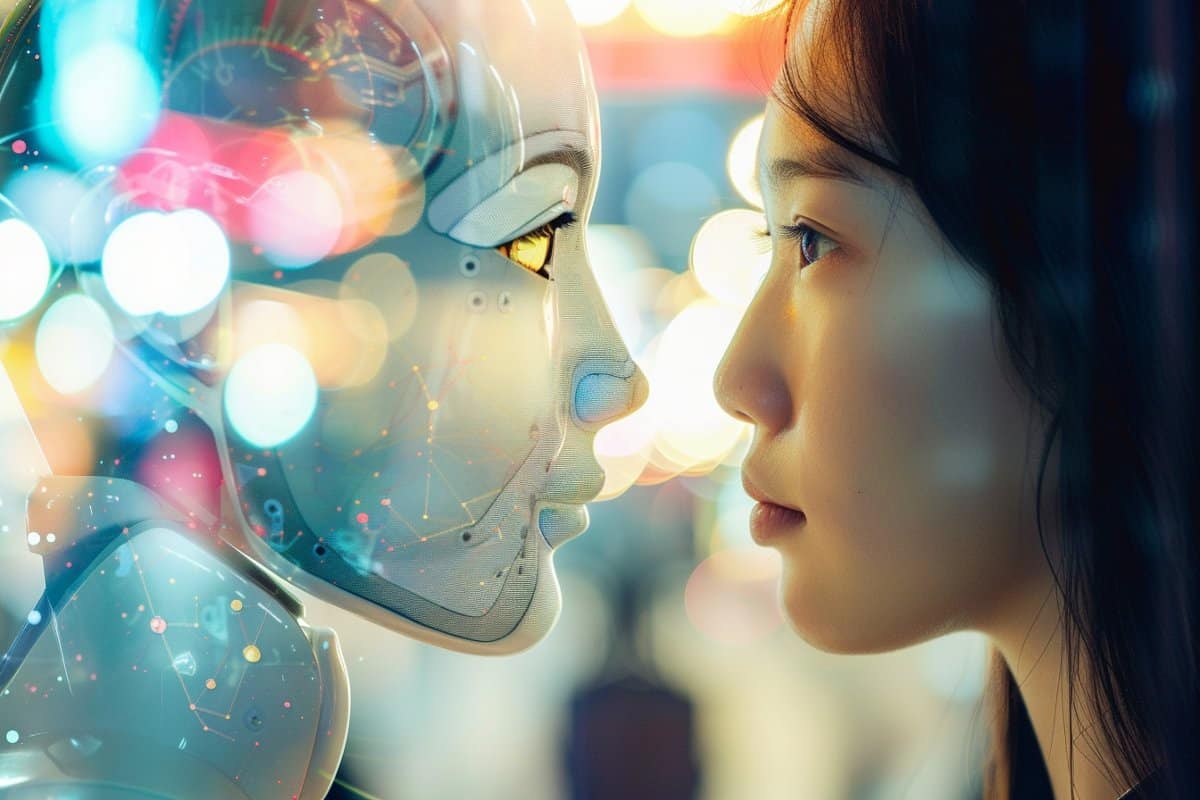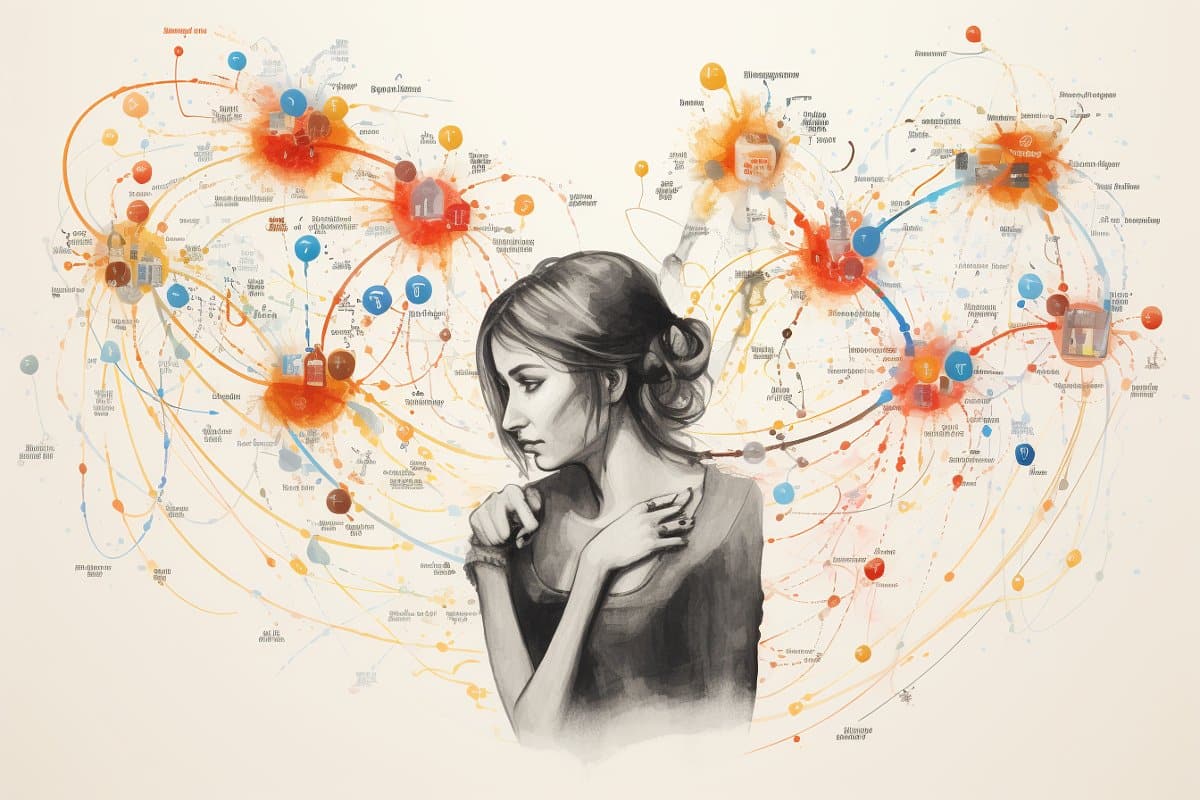Teen Emotions Deciphered by AI and Head-cam
Summary: Researchers developed a method using wearable headcams and AI to analyze teenagers’ facial expressions, revealing subtle emotional nuances. This technology has shown potential in identifying emotions such as worry and happiness, even when they are masked. The findings suggest that this approach could significantly enhance understanding and communication between teens and their parents, potentially …




